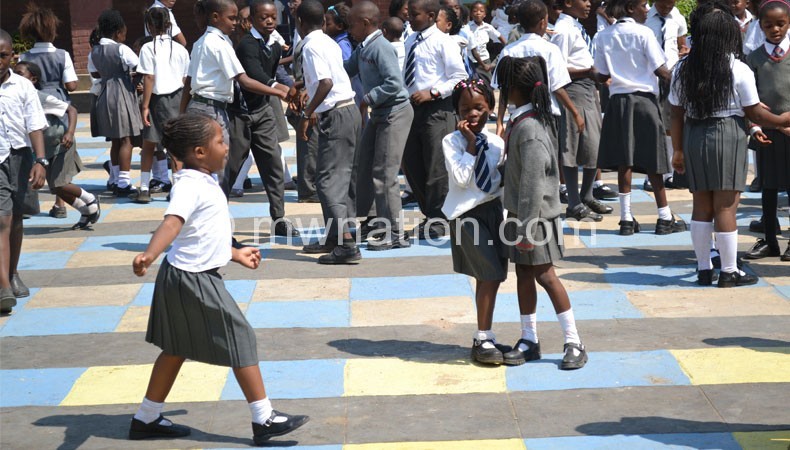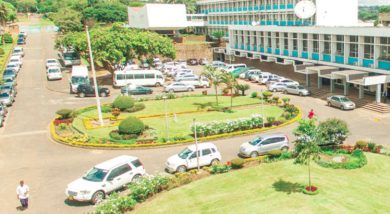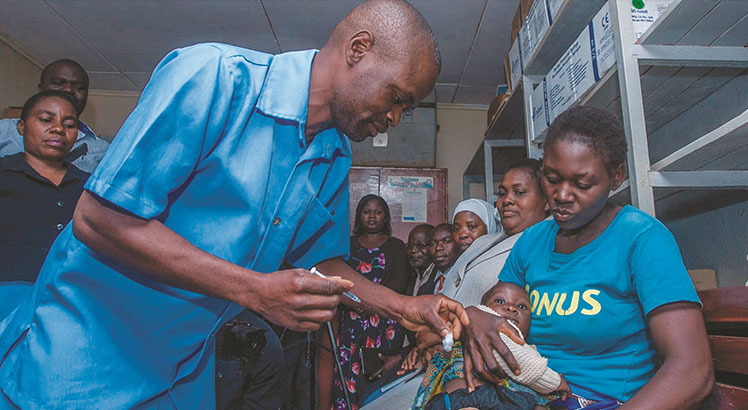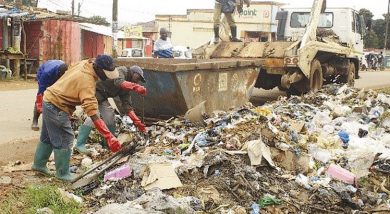Searching the heart of primary education’s failure

Is government’s low funding to the education sector the sole factor behind primary education’s poor showing? Other circles are arguing otherwise.
In the past 20 years of free primary education, although standard one enrollment has increased to one million, secondary school intake has remained intact, at an average 60 000. This means, the increased enrollment is not translating as most pupils do not ascend the education ladder. This, arguably, points to something terribly amiss with the country’s primary education. What, then, could that be?
To most Malawians, the immediate response has been parochial anger, not holistic analysis.
For instance, civil society organisations (CSOs) and some education activists have been relentless in faulting government’s top-down development and implementation of the Free Primary Education (FPE) in 1994 as the major culprit behind the tragedy of primary education.
Civil Society Education Coalition (CSEC) executive director Benedicto Kondowe told Nation on Sunday two weeks ago the design of the FPE was not futuristic and holistic enough as to envisage the demand that such a policy would create for secondary and tertiary education, saying the policy needed to broaden transition rate from primary to secondary, reduce repetition and dropout rates.
“The main reason is that we have not invested in expansion of secondary education so the effect is that the number of schools has remained static. This has led to stagnation of matriculation rate from primary to secondary school to being 30 percent,” he said.
Sam Mpasu, the first minister to implement free primary education, echoed Kondowe in an interview with Nationon Sunday. He argued that the initiative failed to meet what was envisaged because there were no political will to implement the project thereafter.
“I can say we started well, we increased the intake up to 3.8 million pupils, we employed 22 000 teachers—4 000 recalled from retirement and 18 000 school leavers that were given on the job training—this was a great success, but the initiative was not given the
political will it deserved from the leaders that followed,” he said.
He added that they started the project without a budget but envisaged that 38 000 classrooms and more schools would be constructed.
“For managing purposes, government had agreed that each primary school in Malawi must have not more than 2 000 pupils and once the number exceeds a new school must be created.
“If only we could have managed to build 38 000 more classrooms, if only we could have managed to build a day secondary school in all 193 constituencies to accommodate those pupils that would be coming out of primary school, but there was no political commitment and no political will thereafter. All I can say is the project failed short,” he said.
Kondowe and Mpasu’s arguments stop at seeing the failure of primary education from the prism of government’s lack of political will to fully support the free primary education.
To believe them is to accept that for primary education to achieve its goals, government needs to train more teachers, build more primary schools and furnish them with adequate teacher and learning materials, among others.
However, not everybody believes such wisdom.
One of them is Samuel Kaphuka—former Education Minister and also founder of Kaphuka Private Secondary Schools in Blantyre.
“The challenge I have noted with our education of late is that we have left everything about our pupils and students in schools to government. I agree that government has a duty to provide a conducive environment for pupils and students to learn.
“However, I get surprised when we, again, blame government when girls drop out of school to get married. I get surprised when we blame government when instead of going to school, our boys deviate to video-show rooms. Where is the role of parents in the education of their children?” he said.
Added Kaphuka: “Since 1994, you and I can agree that government and non-governmental organisations have scaled up their efforts of building more schools, training more teachers and increasing the provision of teaching and learning materials.
“I understand that [resources] are not enough—and we need, again, to accept that resources will never be enough. However, despite these efforts; we should be deluding ourselves in always blaming government when out of millions that enroll in standard one, only 60 000 get to secondary school.
“We have taken out parents in debating our education failings yet they are the key stakeholder in the success of our education.”
Boniface Padoko, head teacher of Mlirankhandu Primary School, Traditional Authority Kawinga in Machinga, agrees with Kaphuka. The school—despite being in a remote village—has adequate classroom blocks with desks, 14 teachers and, according to the head teacher, relatively adequate teaching and learning materials.
“Compared to other schools,” says Padoko, “we are better furnished.”
However, not all is rosy at the school.
“In terms of average, our standard one enrollment for the past 10 years has been 400 pupils. But in 2011, for instance, only 20 managed to get to standard eight,” he said.
He added: “There are many drop out cases due to teen pregnancies, early marriages, fishing, migrating to South Africa and also pupils going to farm in tobacco estates. The challenge is that most parents in the community and surrounding areas do not take a lead in making sure that their children stay in school.”
Padoko, however, said currently the situation is changing at her school.
“There is an NGO which is working with pupils and their parents; civic educating them on the importance education. For the two years the NGO has been around, I can confess to have seen remarkable change at my school.
“In 2011 we experienced 20 pregnancies at this school. In 2013, the number dropped to eight. In fact, in this new academic year we are expecting to start with 84 standard eight pupils,” he said.
To Padoko, this means that education management should not just be left out to government.
“Parents have a larger role, but I think the democratisation of our education has seen parents withdrawing from monitoring their children progress in schools. They have left everything to government. I believe if more parents can come into the picture, we can begin to see some hope,” he said.





